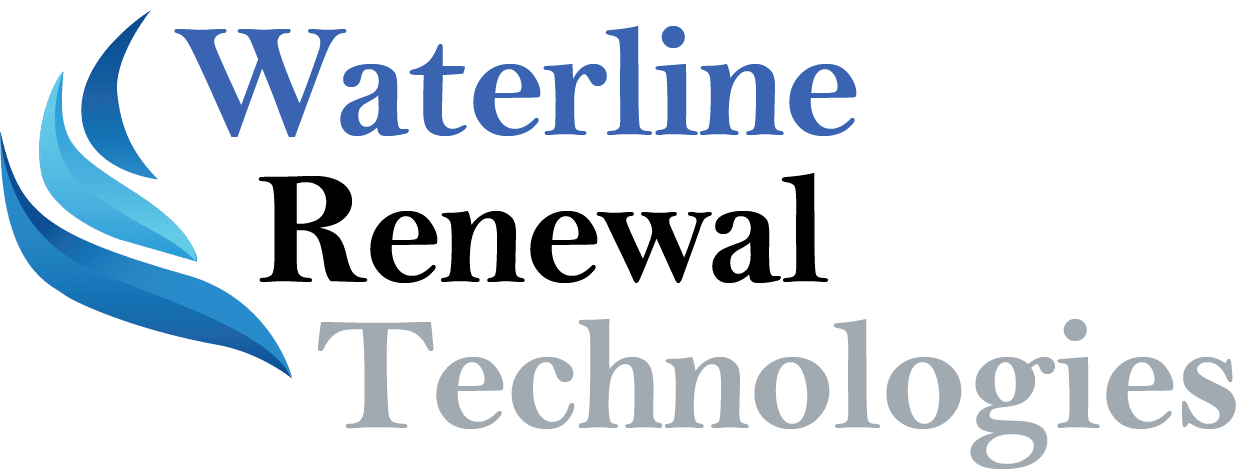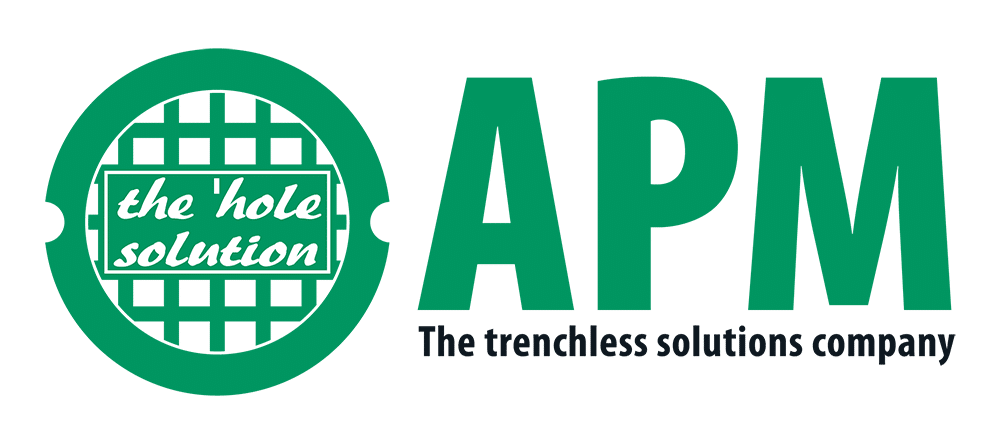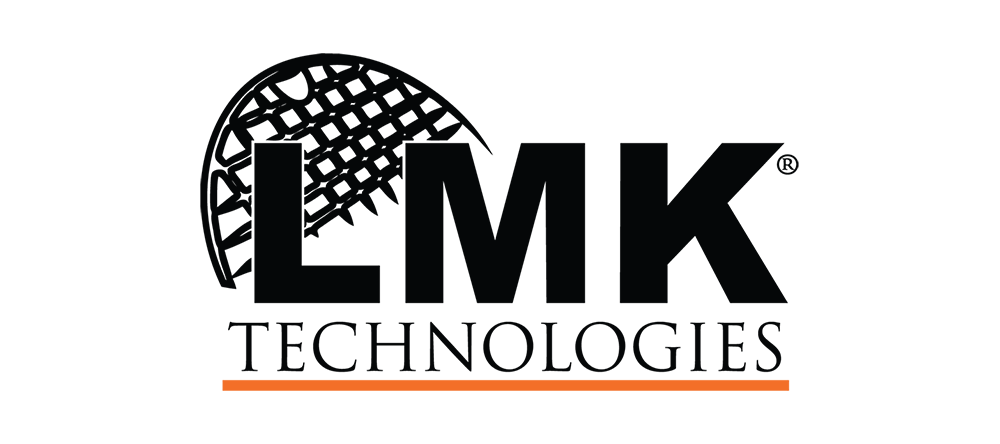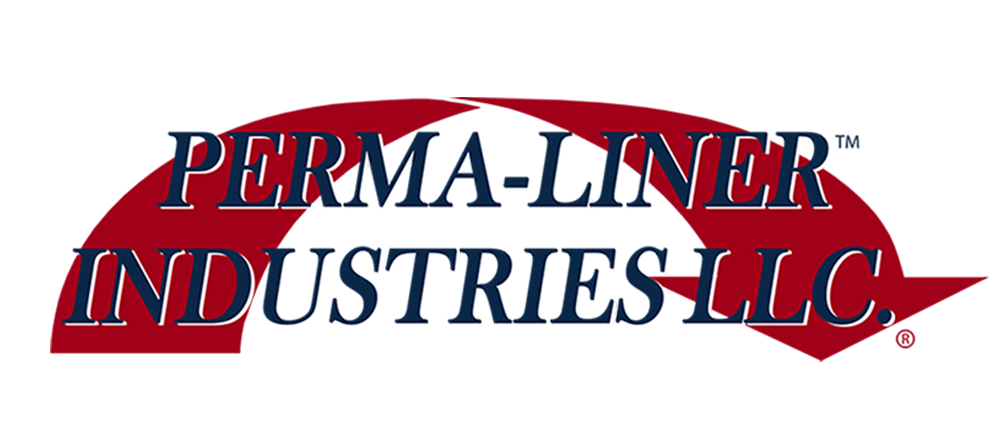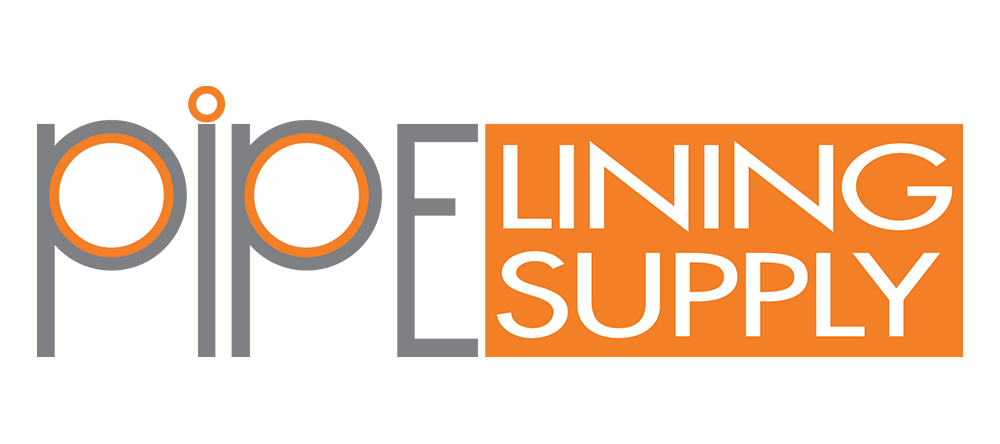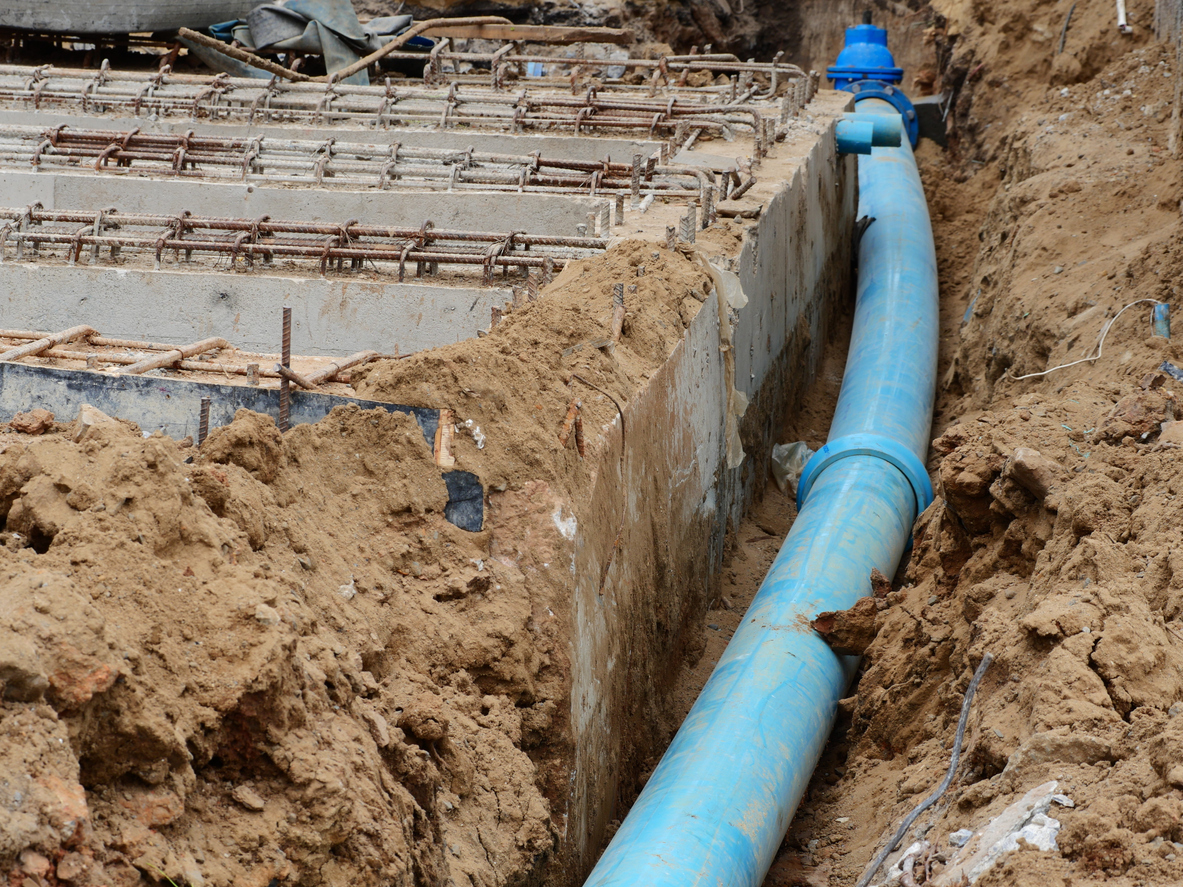About 57 percent of structures throughout 17 sewer systems that connect to the Dornick Point Sewage Treatment Plant have been pressure tested as part of the ongoing, state-mandated, region-wide remediation project to reduce flows to the facility.
The total consisted of 14,636 out of 25,802 buildings having the test done across 20 municipalities – representing an increase of about 15 percent since the spring of 2017.
What could have prevented this break? Pressure testing, which is what is now occurring. Pressure testing can be an effective, costly and often controversial way to prove a system is watertight and, therefore, not allowing infiltration.
Pipes must hold a specific amount of air for a period of time in order to pass. Almost no older pipes will pass a pressure test. Therefore, property owners usually need construction work to be done – sometimes including digging up floors, which can cost upwards of $10,000 for finished basements – to get new lines installed that can hold the pressure.
Some municipalities are jumping on the pressure testing bandwagon like Brownstown. They were among the first local municipalities to complete work, which cost them around $4.5 million. Almost all of the 350 structures in Brownstown have been pressure tested.
On the opposite side, only 1.3 percent of properties in nearby towns have been press tested.
There are some areas that encountered significant obstacles along the way. Achieving flow rate is one of them, which if not reached, can lead to much larger issues. The city of Ferndale needs to provide a flow reduction plan since they did not achieve the flow target.
While some cities and towns are ahead of the game with pressure testing, more and more are having trouble reaching the necessary requirements to pass.
Failing Pipeline? Act now!
Our patented cured-in-place pipe repair systems provide you with a solution to failing underground sewer and pipelines. Our extensive line of trenchless pipe repair systems can rehabilitate pipes ranging from 2″ – 48″ in diameter.
In addition to our underground pipe repair solutions, we also offer a wide array of vertical pipe repair solutions for high-rises, simple residential applications or industrial and factory facilities.
If you have a failing pipeline please reach out to us and chat with one of our highly skilled relining experts. That call could save you thousands of dollars on your broken pipe repair project.
